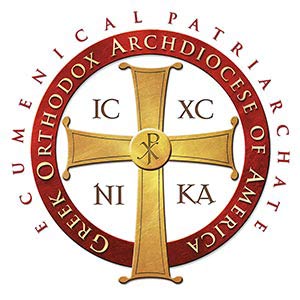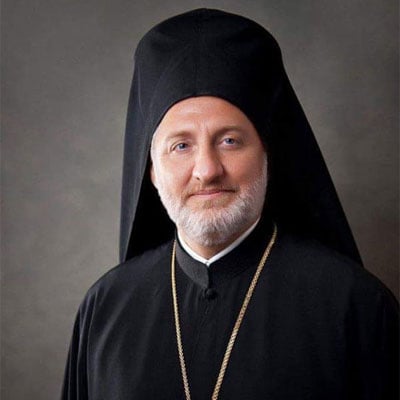Nota Bene!
*Holy Week: We are waiting for directions from His Eminence regarding the Holy Week Schedule. They are forthcoming.
*Holy Communion: Fr. Seraphim will open the church for anyone who is prepared and would like to receive Holy Communion on Wednesdays from 11:30 am-1:00pm and on Sundays at approximately 11:00 am. Please only 1 person in the church at a time. If someone is already inside, please wait your turn outside away from each other or in your vehicles. When inside, please do not kiss the icons or the priest's hand, but honor them by bowing. You are welcome to light candles during those times, also. Father will continue doing this for as long as he is allowed. If you are sick, or feeling any symptoms, please remain at home. Father can bring you the Holy Mysteries there anytime.
*Lenten Weekday Services: Fr. Seraphim will livestream the services of Great Compline (Mondays at 6:00 pm) and Salutations (Fridays at 6:00 pm) on the parish's facebook page.
*Church Office is closed until further notice. Fr. Seraphim will be working from the recory, and if the office is needed, the doors will remain locked. Father is available and on call 24/7.
*Memorial for the Papas, Kiahtipes, and Kalatzes families has been postponed.
*Memorial for the Zamantakis family has been postponed.
*Easter Bread: Cancelled. Please be patient and give us time as we begin processing refunds.
*Lenten Suppers: Cancelled for the rest of Lent.
*Bible Study will resume TBA.







 His Eminence Archbishop Elpidophoros of America announces today measures to protect the health of the Greek Orthodox Flock of America, and the health of the wider public. These decisions are being taken in light of the recommendations of Federal, State, and City officials and agencies, including the CDC.
His Eminence Archbishop Elpidophoros of America announces today measures to protect the health of the Greek Orthodox Flock of America, and the health of the wider public. These decisions are being taken in light of the recommendations of Federal, State, and City officials and agencies, including the CDC.
 For the benefit and protection of the faithful, and taking into account the recent scientific findings, we advise our faithful not to be exposed in places of public assembly (including attending church) during the next few weeks.
For the benefit and protection of the faithful, and taking into account the recent scientific findings, we advise our faithful not to be exposed in places of public assembly (including attending church) during the next few weeks.
 Beloved Brothers and Sisters in Christ,
Today we commence our journey of the Great Lent that leads us inexorably to the Holy Passion of the Lord and the Pascha of unending joy. It is a time of determination and concentration, one in which we are encouraged to abstain from certain foods and drink, to practice more active charity and philanthropy, and to look within at the values and principles by which we live our lives.
Beloved Brothers and Sisters in Christ,
Today we commence our journey of the Great Lent that leads us inexorably to the Holy Passion of the Lord and the Pascha of unending joy. It is a time of determination and concentration, one in which we are encouraged to abstain from certain foods and drink, to practice more active charity and philanthropy, and to look within at the values and principles by which we live our lives.